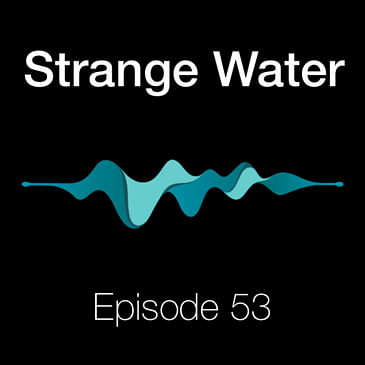A blockchain computer is a network of physical computers running the same virtual machine, ensuring synchronization through constant communication and a crypto-economic system like proof of stake. Users interact with the blockchain by accessing their local copy of the virtual machine, making changes that are synced across the network. While ideally all users would operate their own nodes for direct access to the blockchain computer, this isn't always feasible due to resource requirements, leading to the emergence of centralized RPC services like Infura and Alchemy. However, reliance on centralized services poses a threat to the decentralized nature of blockchain computers. Gil Binder, co-founder and CTO of Lava Network, discusses solutions to this issue by decentralizing the RPC layer, highlighting the importance of modularizing the entire World Computer for a more inclusive and resilient blockchain ecosystem.



